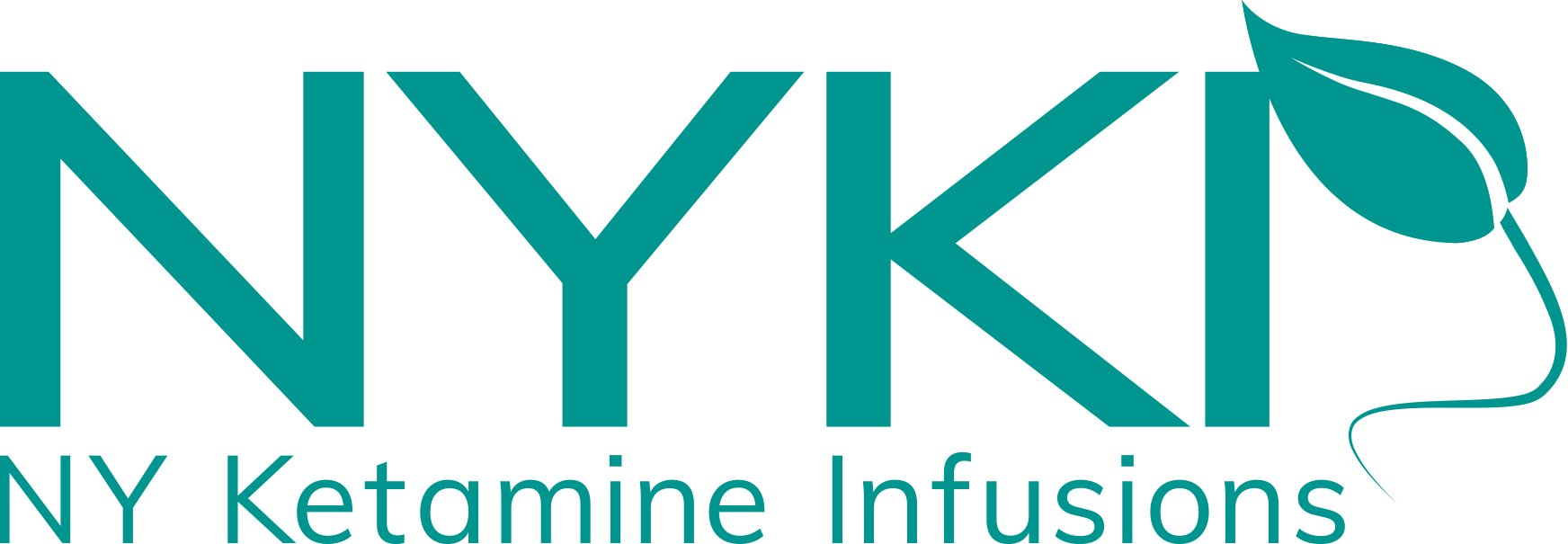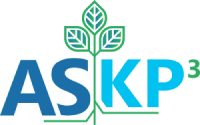For a free consultation, please contact one of our locations:
With our affordable fee structure, flexible scheduling, and commitment to compassion and wellness,
we do our best to make ketamine therapy available to any patient we feel we can help.
Ketamine Treatments
OFFICE HOURS
-
Monday 8 AM - 6 PM
-
Tuesday 8 AM - 6 PM
-
Wednesday 8 AM - 6 PM
-
Thursday 8 AM - 6 PM
-
Friday 8 AM - 6 PM
-
Saturday 8 AM - 6 PM
-
Sunday 8 AM - 6 PM





